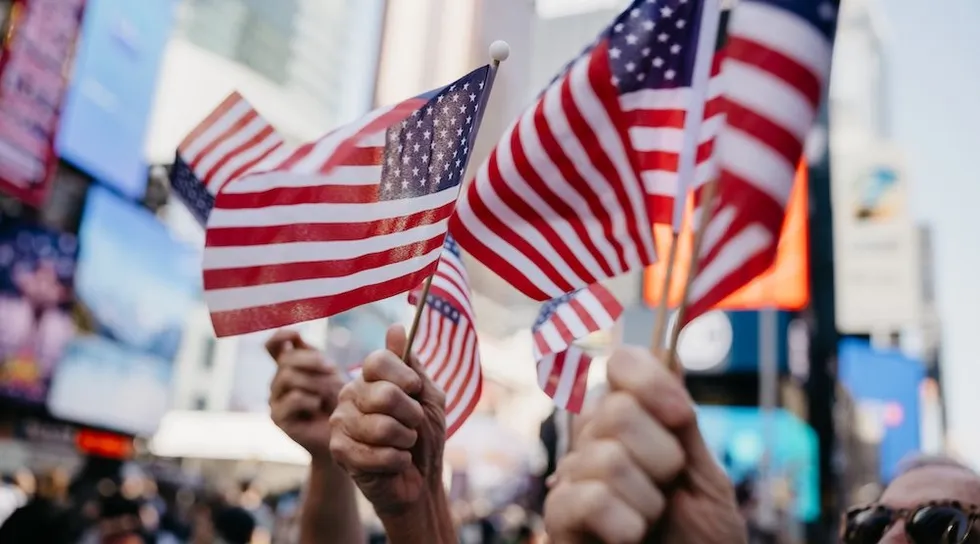
Photo by Photo12/Universal Images Group via Getty Images

Dismissing liberty as colonial noise, the king and his army underestimated the American people — and failed to crush a revolution rooted in human dignity and self-rule.
John Adams believed America’s independence should be marked with “pomp, shews, games, sports, guns, bells, bonfires and illuminations.” He got his wish. Within a year of the Declaration’s signing on July 4, 1776, celebrations had become a colonies-wide tradition.
The reaction across the Atlantic, however, struck a very different tone.
This wasn’t just about taxes or trade policy. It was about the belief that free men could govern themselves.
The British response was not stunned disbelief or deep introspection. It was mockery — and, ultimately, a grave miscalculation.
The war didn’t begin with the Declaration. A year earlier, in August 1775, King George III had already issued a Proclamation of Rebellion. The crown had stopped viewing the dispute as a matter of political redress. It now saw open revolt.
But the Declaration shifted the terms. What landed in London by mid-August 1776 wasn’t a petition or compromise. It was a bold, philosophical argument for national divorce. In British eyes, it was treason.
British newspapers published the Declaration widely. The London Chronicle printed it, along with other major papers. But few took it seriously. To them, it was just another provocation from unruly colonials.
The elite mocked Thomas Jefferson’s talk of “unalienable rights.” Gen. William Howe, sent to crush the rebellion, called the Declaration “extravagant and inadmissible.” The British state responded accordingly.
RELATED: July 4 exclusive: What we love about America

Within weeks, more than 32,000 British troops — including 8,000 German mercenaries — sailed into New York Harbor. It was the largest overseas force Britain had ever fielded. Howe aimed to stamp out the uprising before year’s end.
The campaign nearly succeeded.
George Washington’s army suffered defeat after defeat, narrowly escaping destruction on Long Island. By autumn, the American position looked hopeless.
But while Britain saw a dying rebellion, France saw a chance to strike.
Even before 1776, French agents had begun quietly arming the colonists. The Declaration gave them a pretext to go farther. Though Louis XVI had no love for democracy, he did have a long memory — and Britain’s victory in the Seven Years’ War had come at France’s expense.
With the Declaration in hand, France could cloak strategic revenge in the language of liberty.
Formal recognition wouldn’t come until 1778, but the shift had begun. French arms, cash, and eventually troops transformed the conflict. What began as a colonial revolt became an international war.
Back in London, the American cause began to attract sympathy in Parliament.
In 1777, future British Prime Minister William Pitt took to the House of Lords to warn his colleagues: “You cannot conquer" America.
He was right.
What Britain failed to grasp was that America hadn’t simply declared independence. It had declared a new theory of government: one grounded in consent, not inheritance.
The crown mistook revolutionary conviction for rhetorical flourish. Britain's government believed the colonists would fold in the face of overwhelming force. But this wasn’t just about taxes or trade policy. It was about the belief that free men could govern themselves.
Ideas like that can stand up to empires — even the most powerful in the world.
Katarina Pfister